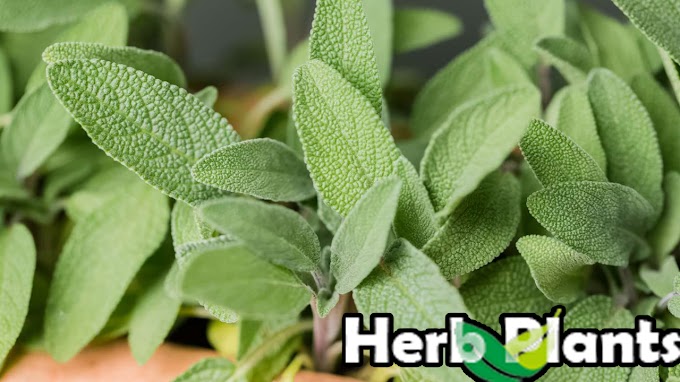Are you ready to embark on a flavorful journey that will tantalize your taste buds and boost your well-being? Look no further than coriander, the versatile herb that has been a staple in kitchens around the world for centuries. From its delightful aroma to its numerous health benefits, coriander is a culinary superstar that deserves a place of honor in your pantry. In this article, we'll explore the wonders of coriander, from its origins to its uses, and everything in between. So grab a cup of tea and join us on this aromatic adventure!
The Origins of Coriander:
Coriander, scientifically known as Coriandrum sativum, is an herb that has a rich history dating back to ancient times. Its origins can be traced to the Mediterranean region and parts of Western Asia. The Egyptians were known to use coriander seeds as early as 5,000 BC for culinary and medicinal purposes. From there, its popularity spread to other civilizations, including the Greeks, Romans, and Persians.
The Aromatic Delight of Coriander:
One of the most captivating qualities of coriander is its delightful aroma. The leaves, often referred to as cilantro, have a fresh and citrusy fragrance that can elevate any dish. Whether it's sprinkled on top of a zesty salsa or stirred into a fragrant curry, coriander adds a burst of flavor that brings a dish to life.
Versatility in the Kitchen:
Coriander is a versatile herb that can be used in various forms, including the leaves, stems, and seeds. Each part of the plant offers a unique flavor profile that can enhance a wide range of cuisines. The leaves are often used in salads, salsas, and garnishes, while the seeds are commonly ground into a powder or used whole in curries, soups, and stews. The stems, which are often overlooked, possess a milder flavor and can be used in stocks and sauces.
Health Benefits of Coriander:
Beyond its aromatic qualities, coriander also boasts an array of health benefits. This herb is rich in vitamins A, C, and K, as well as minerals such as potassium, calcium, and manganese. It is also a good source of dietary fiber. Consuming coriander can support digestion, promote healthy skin, and even help lower cholesterol levels. Additionally, coriander contains antioxidants that may have anti-inflammatory properties, contributing to overall wellness.
Cultural Significance:
Coriander holds significant cultural value in various cuisines around the world. In Mexican cuisine, cilantro is a key ingredient in salsas, guacamole, and tacos. It adds a refreshing and tangy element to these dishes, making them truly irresistible. In Indian and Middle Eastern cuisines, coriander seeds are used in a wide range of spice blends, such as garam masala and ras el hanout, adding depth and complexity to curries and rice dishes. The herb's widespread use across different cultures is a testament to its remarkable flavor and versatility.
Growing Your Own Coriander:
If you're a gardening enthusiast or simply want to add a touch of freshness to your meals, growing coriander at home is a rewarding experience. Coriander can be grown in containers or in a sunny spot in your garden. It requires well-draining soil and regular watering. Plant the seeds directly in the soil or pot, and within a few weeks, you'll have your own abundant supply of coriander leaves to enjoy.
Exploring Coriander Around the World:
Coriander is an essential ingredient in various global cuisines, adding its unique touch to dishes from every corner of the world. From Thai curries to Moroccan tagines, coriander is a common thread that weaves through diverse culinary traditions. Its ability to harmonize with different flavors and spices makes it a beloved herb in kitchens worldwide.
We hope you've enjoyed this flavorful journey through the wonders of coriander. Have you tried using coriander in your cooking? How did it enhance your culinary creations? We'd love to hear your experiences and recipe ideas in the comments section below!
If you found this article helpful and engaging, please consider supporting us by using the support button. Your contribution will enable us to continue creating informative and enjoyable content for you to enjoy.




0 Comments